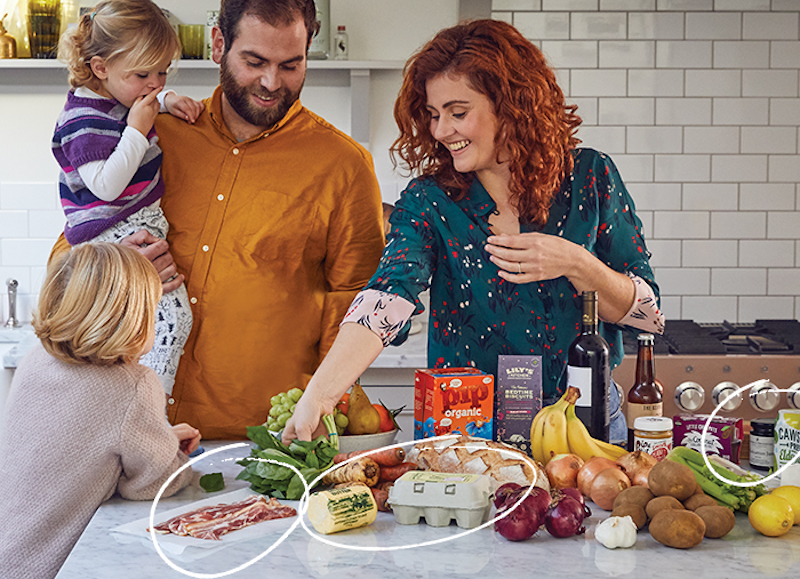Junk food
Junk food is one of those "I know it when I see it" type of things for Public Health. It (currently) has no formal definition, yet lots of organisations want something to be 'done' about it.
However when someone comes up with a 'definition' of what junk food it, it inevitably encompasses things that any normal person wouldn't consider junk food.
The nearest equivalent is HFSS food – food that is deemed to be high in fat, sugar and/or salt. For the purposes of advertising regulations, Ofcom uses a definition of HFSS food that encompasses a much broader range of products than the colloquial term ‘junk food’ implies.
[...]
But then there are the foods that hardly anyone would consider ‘junk’ but which still fail the test: cheese (including half-fat cheese), raisins, sultanas, soy sauce, mustard, most tinned fruit, most yoghurts, most breakfast cereals (including high fibre varieties), peanut butter, Marmite, mayonnaise (light and regular), tomato soup, most cereal bars, many pasta sauces, all butter, fat spreads and olive oil.[1]
UK Government
The proposals advocate severe restrcitions on the advertising, sale, display, and affordability of what campaigners call ‘junk food.’ But there is no legal definition of junk food...
[...]
This includes raisins, sultanas, most tinned fruit, most yoghurts, nearly all cheese (including half-fat cheese), cream crackers, tomato soup, hummus, ham, pesto, cereal bars, pure orange juice, olive bread, salami, many pasta sauces, butter, margarine, more than half of all meat, and one in every four sandwiches.
[...]
Under the Government’s proposals, all of these items (some of which are even recommended by the NHS as healthy ‘sugar swaps’) will be subject to pricing, promotion and advertising restrictions, a 9pm broadcast advertising ban, a ban on price promotions like meal deals and buy-one-get-one-free, and a display ban at shop entrances, checkouts and at the end of aisles.[2]
Transport For London/London Mayor Sadiq Khan, FarmDrop
Junk food advertising will be banned on the entire Transport for London (TfL) network from 25 February 2019, as a new groundbreaking measure to help tackle child obesity in London.[3]
But of course it won't. Because there isn't a childhood obesity epidemic, and because kids don't go doing the weekly shop. Regardless, there has been some... disagreement about what 'junk food' actually is. One 'purveyor of food' disagreed with TFL's opinion..
We know this because our latest campaign on the tube network has been rejected. Why? Because our FarmDrop posters include so-called ‘junk foods’. This is the photo in question.
[...] What you probably wouldn’t think they include are eggs and butter. Well you’d be wrong. We were told by TfL’s sales agent, Exterion, that these foods were not ‘high fat, sugar, and salt (HFSS) compliant’. We ended up cropping the photo but even this wasn’t compliant with the new regulations.[4]
Naturally FarmDrop deny that they sell junk food. Exactly what an organisation that sells junk food would say...
References
- ↑ https://health.spectator.co.uk/the-proposed-junk-food-ban-is-aimed-at-you-not-your-children/ The proposed ‘junk food’ advertising ban is aimed at you, not your children] - Christopher Snowdon, Spectator Health
- ↑ Government Cracking Down on Food It Describes as Healthy - Guido Fawkes blog
- ↑ TfL junk food ads ban will tackle child obesity - London Assembly(archive)
- ↑ Can You Spot The Junk Food In This Ad? TfL Could - FarmDrop (archive)
